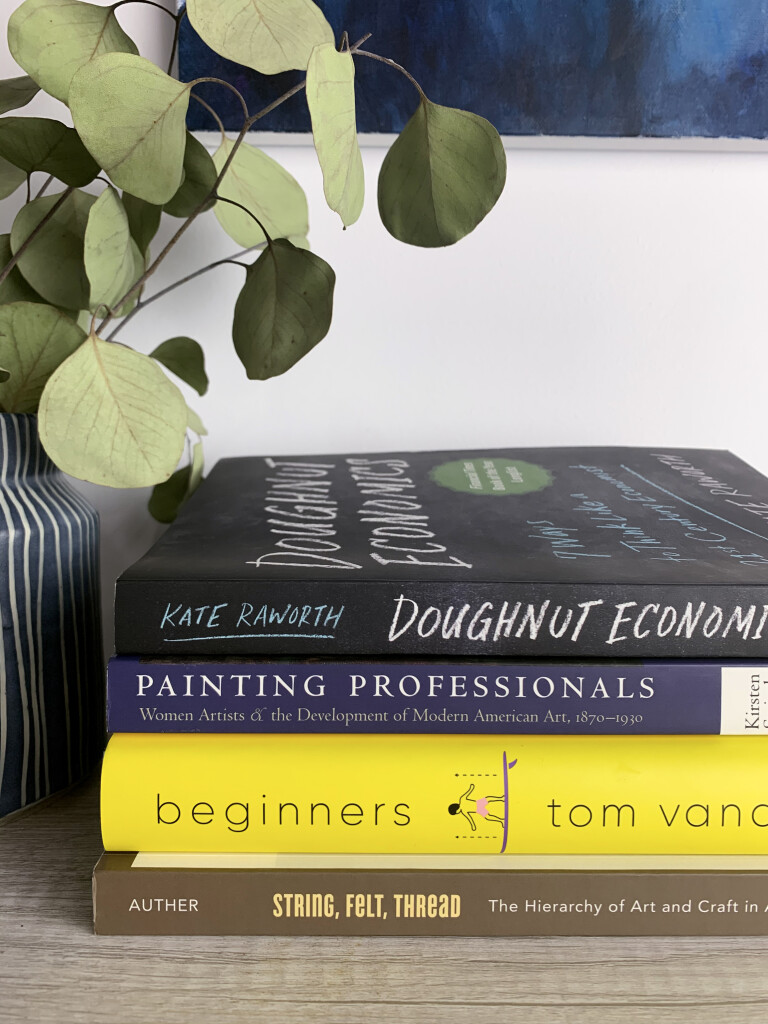
Yes, I know it’s April, but for some reason (ok, we’ll call that reason the one year anniversary of the pandemic), my brain was having none of it when it came to blogging about what I read, even though I read some books I really loved in February. Which is also why I didn’t want to just skip blogging about these books! So I’m sharing them now.
I’m not sure why, but I feel compelled to start with my least favorite read of February, Beginners by Tom Vanderbilt. I was drawn to this book for two reasons. One, I read his previous book, Traffic, a long time ago, back when I was very active in bicycling advocacy, and two, as someone who teaches a class that teaches people how to teach, I’m always interested in books on how we learn. I found this book to be ok. It was a pleasant enough read and in many ways, reminded me of Josh Kaufman’s book, The First 20 Hours. I will say that the one thing that annoyed me about this book was his emphasis that most people stop learning as adults, which in my own world online, I really didn’t feel was the case. Towards the end of the book, he does admit that it seems like women are much better at trying and learning new things than men, which I think does account for this discrepancy in what I was seeing versus his experience. All in all, it was an ok, book, but not one I’d go recommending lots of people read.
Now, onto the books I loved more!
I absolutely loved Doughnut Economics by Kate Raworth, and I’d highly recommend it to anyone who has even a passing interest in how economic systems work, but also thinks that a lot of traditional economic thinking is BS. Doughnut Economics looks at how we can build an economy that creates both a fair and just world for people and the planet. Which in and of itself makes it a worthy read. But I also loved the author’s other premise, that so much of economic thinking is rooted in visual models that have been created, and if we want to change economic thinking, we need to draw new models. Which means at the end of the day, this book is a love letter to the visual thinking process, and any book that blends business thinking with visual thinking is a winner for me! (And one I’d recommend to any of my fellow artists in business.)
My other two reads in February were both pretty academic, but incredibly valuable. I found both Painting Professionals and String, Felt, Thread through All About Process, which I read in January.
Painting Professionals by Kirsten Swinth charts the rise (and rejection) of women artists in America in the late 18th and early 19th century. This was such an eye opening book for me because it not only confirmed my belief that the art world gallery system is incredibly elitist, it showed how that gallery system was actually CREATED to exclude women from the art world. I actually recorded a video where I talk more about this book, which you can watch/listen to here! While this book is definitely academic, I would say if you’re interested in learning about the the history of the “art world” in America from a feminist perspective, it’s worth a read.
The same goes for String, Felt, Thread by Elissa Auther. This book charts the development of various fiber arts movement in the 60s and 70s to explore the politics of the art/craft divide in America and the ways in which that divide was driven by gender, race, and class. As someone who spent almost as much time in the fibers studio as I did in the metals studio while I was in school, I always love reading about textiles, and I could also see how some of the distinctions between art and craft Auther talks about also come up in the metalsmithing and art jewelry worlds as well.
I would recommend String, Felt, Thread, but if you’re looking for a shorter introduction into Auther’s work that also tackles the problems of art world elitism, I’d recommend her essay, “The Decorative, Abstraction, and the Hierarchy of Art and Craft in the Art Criticism of Clement Greenberg.”
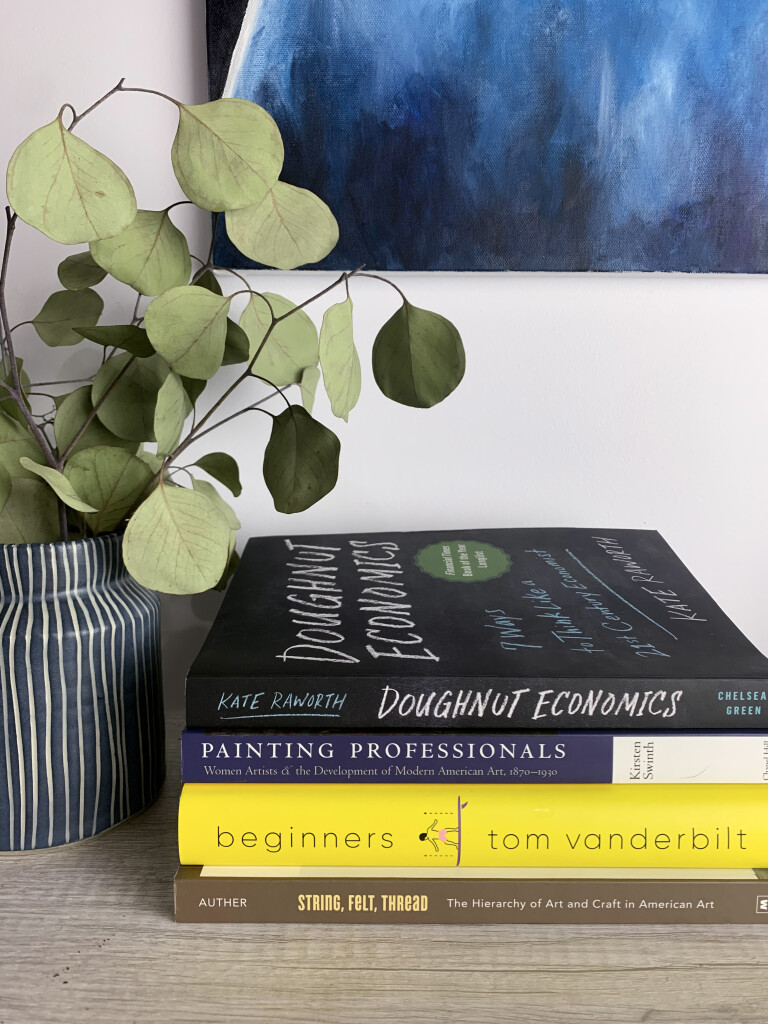
And as for March, well the reason I decided to group both months together was that I actually only read one book in March. After months of obsessive reading (and like I said, a full year of the pandemic), my brain needed a little break.
I originally bought Work Won’t Love You Back by Sarah Jaffe with the intention of reading it, but my brain said no (like I said, that one year pandemic anniversary was no joke mentally), so I ended up downloading the audiobook, and I’m really glad I did. It’s not a short listen (it clocks in at almost 13 hours) but it is well narrated and a really intersting read. While the basic premise of the book – the ways that our labor is exploited under capitalism under the guise of “love” – wasn’t new to me after all the books I’ve read on work and labor lately, I loved that each chapter dove into a the history of a different area of work. I was particularly drawn to the chapters on art (duh) and academia (as I used to be a university professor) but I found so much valuable information in every chapter.
I also liked that the book did share how workers in each field were taking actions to fight back against exploitation, though I will admit to finding the chapter on art a little discouraging on that front. As Jaffe herself admits, since many artists technically have no boss or employer, it makes it more difficult to organize against that boss. Still, all and all, if you’re interested in the ways that capitalism exploits labor, particularly labor that is gendered female or typically tied with POC, this is a worthwhile read. (Or listen.)
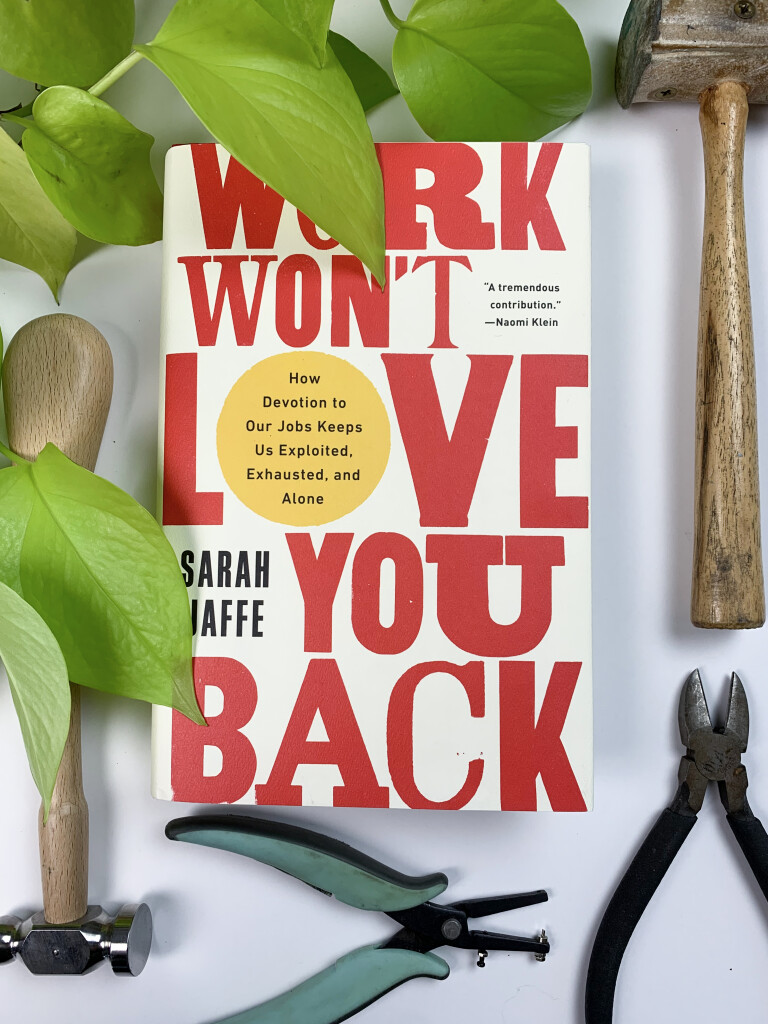
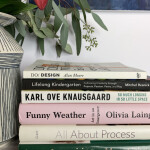
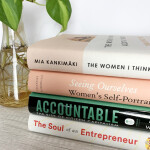
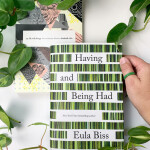
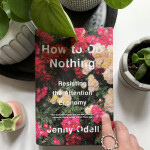
Leave a Reply